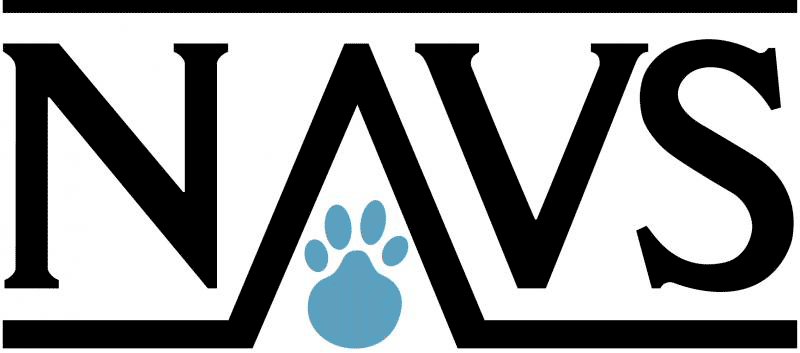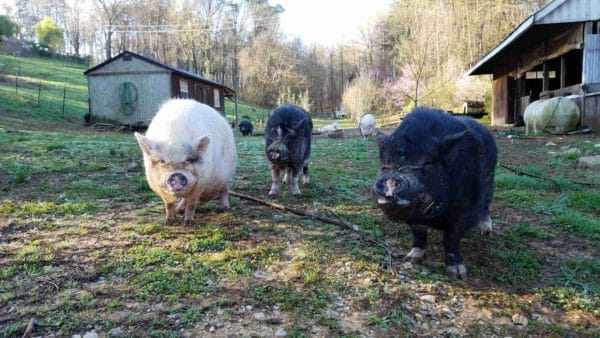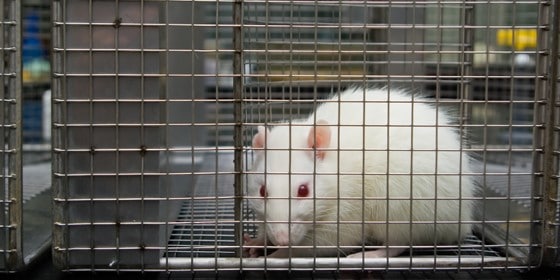
Heart tissue chips sent to space
NAVS has long supported research efforts utilizing human-relevant models, such as tissue chips, which are designed to replicate the structure and function of human tissues and organs. These chips also…

Help NAVS Fund Smarter Science
NAVS is proud of the investment we make in promoting the value of humane science and supporting the development of scientific approaches and models that can reduce, and possibly replace,…

European Animal Use Report Should be Model for U.S.
NAVS has long advocated for increased transparency and accountability regarding animal use by scientists in the United States. Specifically, we have, for many years, asked the United States Department of…

Catching up with IFER Fellowship Recipient Aline Zbinden
This week’s Science First highlights the work of Aline Zbinden, recipient of the NAVS/International Foundation for Ethical Research (IFER) Graduate Fellowship for Alternatives to the Use of Animals in Science.…
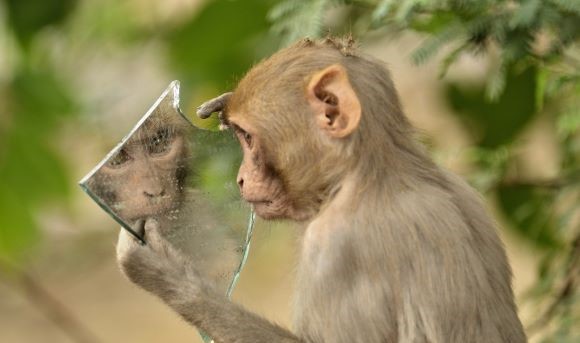
More Transparency Trouble
Obtaining data, statistics and details regarding the use—and abuse—of animals in research continues to be increasingly difficult, with roadblocks preventing the free and open access to information. This distressing reality…

The Game-Changing Body-on-a-Chip
Researchers at the Wyss Institute in Boston have successfully created a revolutionary human-relevant in vitro model, the “body-on-a-chip,” by linking several organ chip devices together. The sophisticated technology has the potential to…
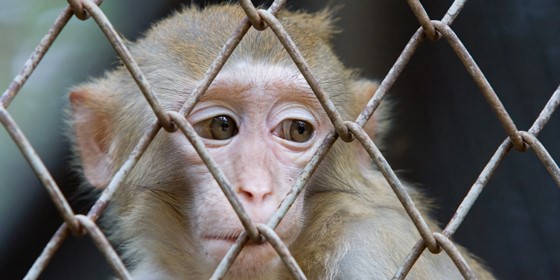
Government Report Shows Increase in Animal Use
The long-awaited report by the United States Department of Agriculture’s (USDA) Animal and Plant Health Inspection Service (APHIS) outlining the most recent information regarding the number of Animal Welfare Act…
